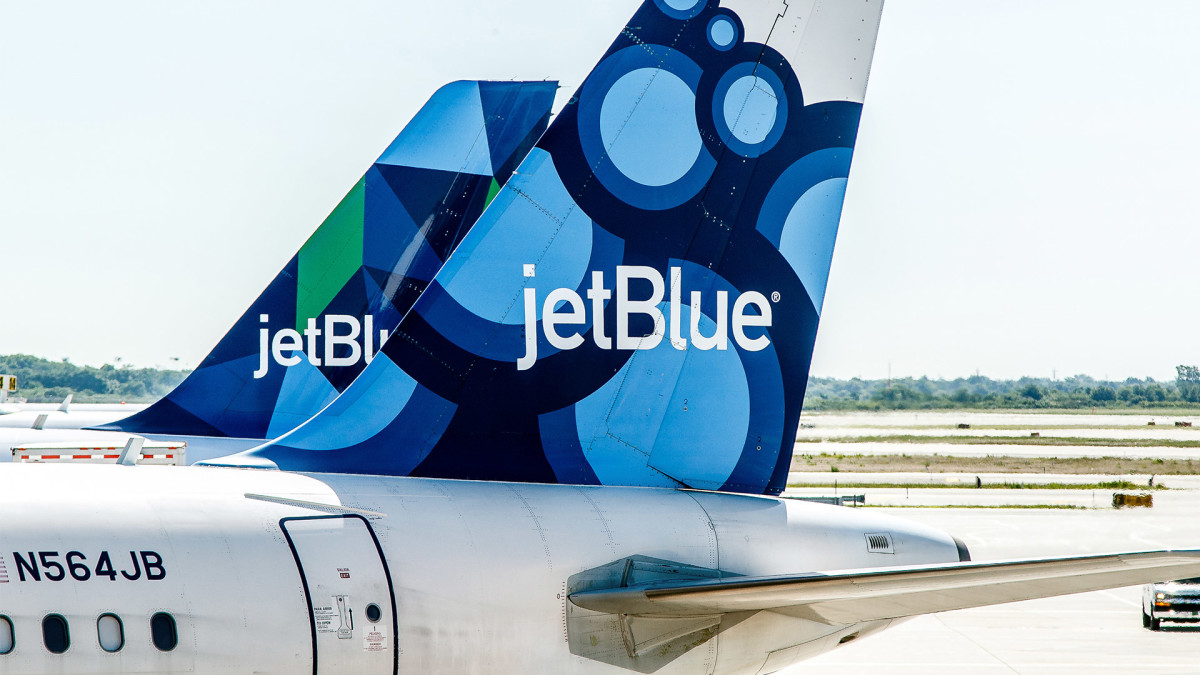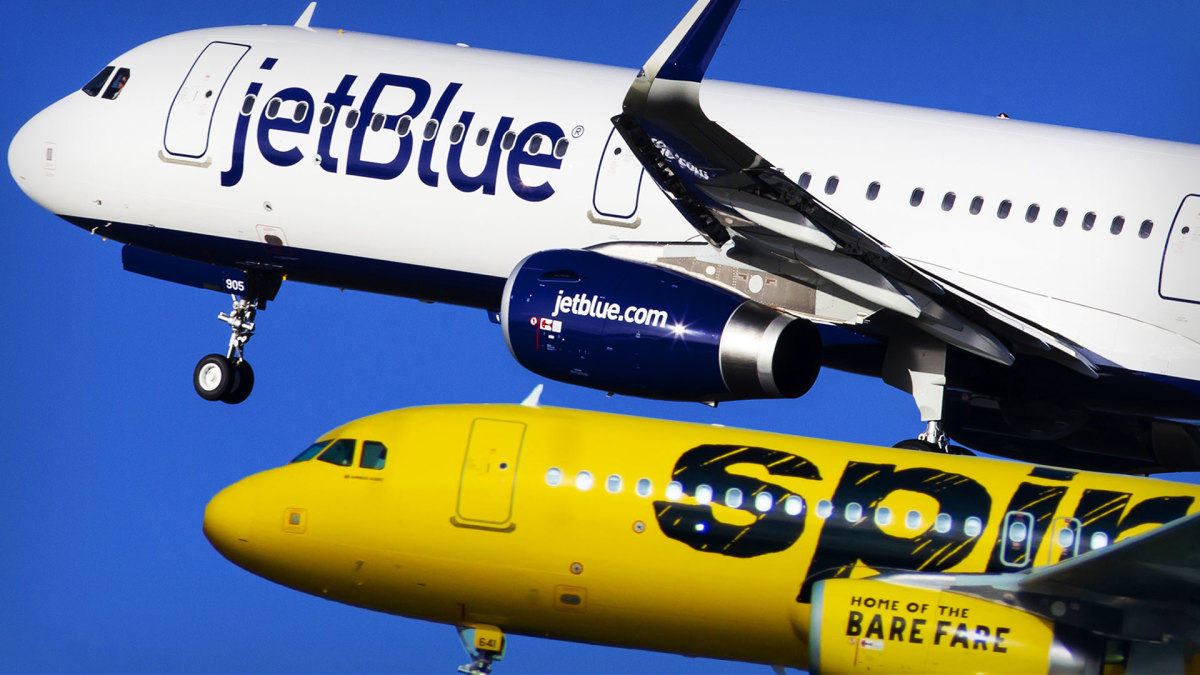
A year ago, Southwest Airlines was reeling from its holiday meltdown where it stranded tens of thousands of passengers during the holiday season. It seemed reasonable that the situation, plus the airline's initial handling of it, might chase away some of its regular passengers for good.
JetBlue Airways (JBLU) seemed likely to be the big winner in that situation because it offers a similar (albeit not the same) product to Southwest. The airline was also still partners with American Airlines which gave them access to more flight slots out of the northeast while JetBlue was also waiting for a decision on its merger with Spirit.
Related: Long-running Las Vegas Strip residency is closing
Over the next few months, however, things began to unravel. The federal government blocked the Spirit merger and decided that its deal with American was illegal.
That has sent the airline to a bad place while Southwest Airlines has largely won back its customers while continuing to be profitable. JetBlue lost $104 million in the fourth quarter and has pushed back $2.5 billion in capital expenditures.
The company has also picked up Carl Icahn as an activist investor who has purchased just under 10% of the airline. Icahn has been pushing for cost cuts including cutting less-profitable and unprofitable routes.
That has left the airline in a difficult position and it's taking two major steps to solve its financial woes.

Image source: Shutterstock/TheStreet
JetBlue paying pilots not to fly
Airlines can only grow if they have the pilots and airplanes to add capacity. That means that even a struggling airline will do what it can to hold onto pilots because it's very difficult to replace them if you cut back or even have a layoff.
That was actually a factor constraining Southwest Airlines; growth as it lost so many pilots to retirement during the covid pandemic. The airline actually had to scale back its planned expansion while it hired new pilots (a goal it say it has reached).
JetBlue Airlines, since it has cut some routes, currently has more pilots than it has planes for them to fly. To keep those pilots happy, the airline has actually offered to pay some pilots not to fly.
View From the Wing shared a post by Josh Hjemvick on X (the former Twitter) that shared what's happening. Hjervick works as a pilot and has held multiple positions with the Air Line Pilot’s Association, Intl.
From sources at JetBlue…
Nearly 350 pilots being offered “no-fly but paid” Voluntary Incentive Lines for April, paying 50 hours.
Over 200 Captains and nearly 100 First Officers the Company is looking to not utilize in April.
Not cheap, but cheaper than furloughs.
— Josh Hjemvick (@JHjemvick) February 22, 2024
That's a bold move that would save the airline money while theoretically maintaining its relationship with its pilots. JetBlue has been clear that cutting expenses has become its key focus.
“2024 is an important year of change for JetBlue and we are taking aggressive action, including launching $300 million of revenue initiatives, to return to profitability and deliver value for our shareholders. said then COO (now CEO) Joanna Geraghty, in the company's fourth-quarter earnings release.
JetBlue very quietly hiked baggage fees
Southwest does not charge for checked bags. That's unique among the major airlines and even though JetBlue has positioned itself as an alternative to full-fare carriers and ultra-discount carriers who charge a la carte prices for everything, it still charges for checked bags.
It's not that they did it, but how they raised the checked bag fees, according to View From the Wing's Gary Leff.
"They even surreptitiously raised checked bag fees on February 1 – posting new fees on their website, not making clear that they were different, and forgetting to tell anyone," he wrote.
That's bad form even in an industry known for making customer-unfriendly moves. JetBlue passengers now pay $45 for their first bag and $60 for every additional bag. That's an increase of $10 in both cases.
JetBlue did share a statement after the fact when Boston.com asked it about the increased fees.
“While we don’t like increasing fees, it’s one step we are taking to return our company back to profitability and cover the increased costs of transporting bags. JetBlue continues to believe customers shouldn’t have to choose between a low fare and a great experience. By adjusting fees for added services that only certain customers use, we can keep base fares low and ensure customer favorites like seatback TVs and high-speed Wi-Fi remain free for everyone," the airline shared.







